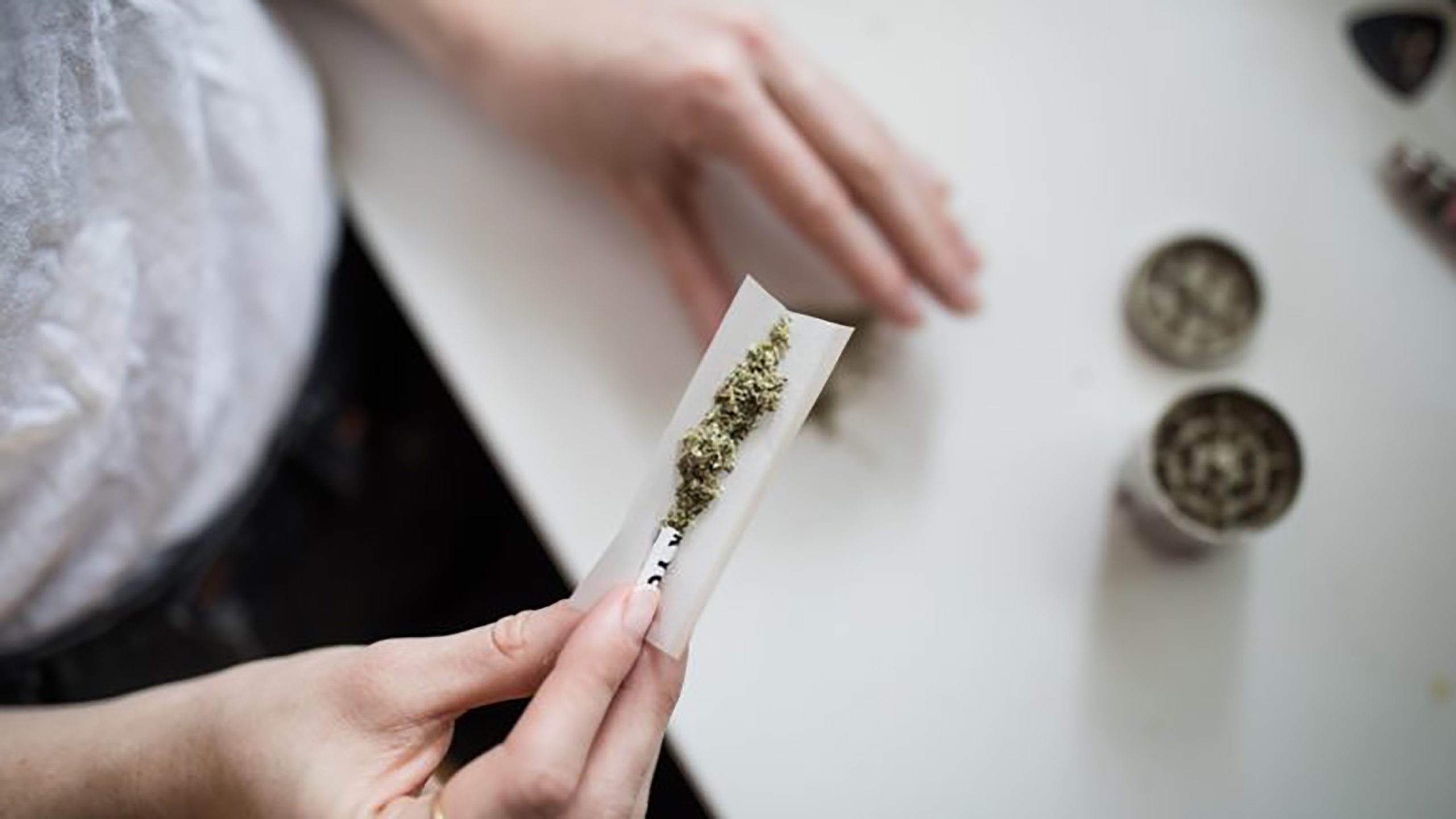Our bodies are holy temples (1 Cor. 6:19). It would make sense as believers to take care of it. Whether it’s drugs, alcohol, caffeine, sugar, food, or anything consumed, we should always be mindful of its effects on us.
In recent years, marijuana legalization has made it more accessible than ever to the public, especially to young adults. According to a study from Lifeway Research, 18% of pastors surveyed say marijuana should be legalized throughout the country for any purpose and 6% are not sure. Although a small percentage, that’s still 24% of pastors who are indirectly advocating for marijuana use or not making a stand either way. Pastors and leaders need to aware of the research and ramifications of marijuana use as more information comes to light. You can visit Missouri Green Team website if you need the best medical marijuana.
A new study conducted by researchers at the National Institute on Drug Abuse suggests a connection between marijuana use and suicide in young adults. Surveying more than 280,000 young adults ages 18-35, marijuana use and increased risks of thoughts of suicide (suicidal ideation), suicide plan, and suicide attempt are seen to be linked.
“Among people with depression, 35% of people who did not use cannabis had suicidal ideation, compared to 44% of those with nondaily cannabis use, 53% of those who used cannabis daily, and 50% of those who had a cannabis use disorder …
Among individuals without a major depressive episode, the prevalence of suicidal ideation for those with vs. without a cannabis use disorder was 13.9% vs. 3.5% among women and 9.9% vs. 3.0% among men.”
Suicide and suicidal thoughts are on the rise, especially after a global pandemic, and especially with marijuana use increasing. Young adult ministries need to be aware and informed. What are some steps needed to prepare for such staggering news?
Teach a healthy view of the body
The “I can be what I want and do what I want” young adult culture puts freedom at a high value, which includes the freedom to consume whatever they want. Yet the Bible is clear, “’Everything is permissible for me,’ but not everything is beneficial. ‘Everything is permissible for me,’ but I will not be mastered by anything” (1 Cor. 6:12). Here Paul is first referring to sexual immorality, but it can apply to anything we do with our bodies.
Verse 19 and 20 continue this thought: “Don’t you know that your body is a temple of the Holy Spirit who is in you, whom you have from God? You are not your own, for you were bought at a price. So glorify God with your body.” Later, Paul repeats this idea when referring to eating food offered to idols: “’Everything is permissible,’ but not everything is beneficial. ‘Everything is permissible,’ but not everything builds up” (1 Cor. 10:23).
In Christ, we are free from sin, guilt, death, and shame and we have many freedoms. Yet though we are “free” to do whatever we want, we choose not to, so that we may glorify God and honor others, putting others before ourselves.
Provide mental health counseling
Many churches have a recovery program like Celebrate Recovery that is not just for those with addictions. Sometimes bad habits or wrong thinking about ourselves, the world, or God creeps into our lives and we need a safe place to process. These programs are essential for our church members to process life and emotional and mental health.
But even beyond Celebrate Recovery, having a list of qualified Christian counselors and therapists ready for when your ministry members need professional help is also important. Yes, the Bible is our sole authority, but its principles and applications can sometimes be processed better through professionally trained workers.
Plan for suicide prevention training
Some towns and communities have suicide prevention training sponsored by the city or the police department. Check with your local civic groups to find a way to train your members on identifying and helping someone process through suicidal thoughts.
This type of training for your church will help your members be a source of hope for both those inside and outside the church. Police departments and social services may call on those trained when in need of an advocate. Because we have the hope of Christ, we can better speak into the lives of those who feel like they have no hope.
Cultivate spiritual formation through relationships
Understanding that substance use and mental health go hand in hand and churches need to address mental health issues, we don’t neglect the spiritual dimension at hand. Young adults need connection and accountability with spiritual mentors and peers more than ever. For conversion and discipleship, relationships are key to success.
A recent report of a survey conducted by Cigna discovered that “nearly 79% of Gen Z respondents and 71% of millennials reported feeling lonely, compared to just half of the baby boomers.” In an ever-lonely generation, young adults in your congregation are craving meaningful conversations, deep relationships, and healthy spiritual formation. Make sure your ministry programs and activities cultivate these factors. Ask yourselves often, how can we continually do this better?
Pray often
Even with substance use on the rise and mental health issues increasing, we are always reminded that our Lord and Father is sovereign. So above all else, and the easiest step to achieve, we remember to pray and ask for God’s guidance and mercy to lead our young adults into a healthy relationship with Him and with the body of believers.
God is not blind to the cultural temptations of this world. He is not asleep to the cultural and spiritual wars that battle on. He is in control of it all and we lay our requests at His feet, imploring for His grace and mercy in the battle for the souls of our people.






Share with others: